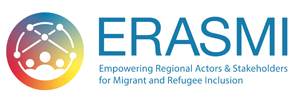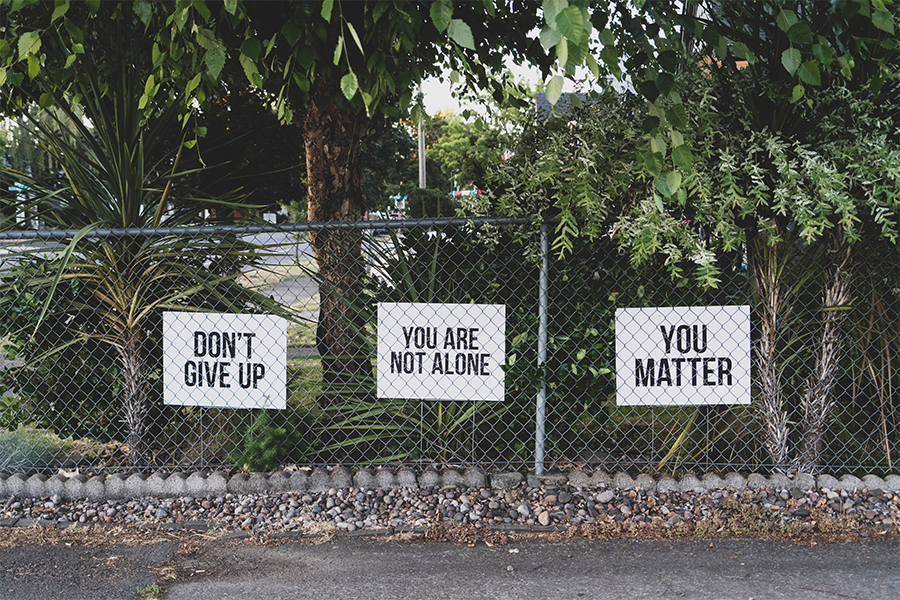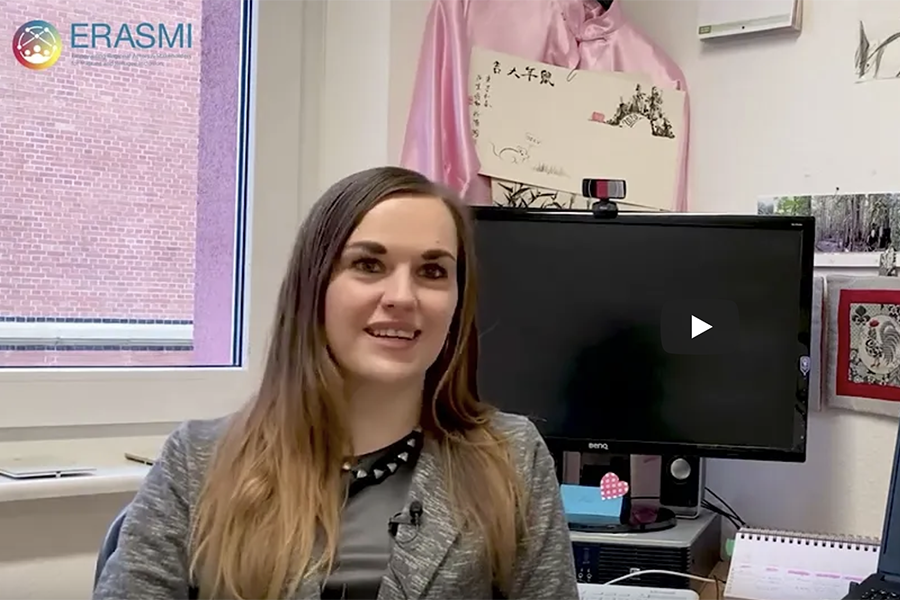Psychosocial Support Through And For The Network
When looking for useful contributions to the integration of refugees, the focus is on vocational and educational offers. It should not be forgotten that refugees often flee from humanitarian disasters. Lack of information, uncertainty about immigration status and potential hostilities are stress factors. Flight and forced migration require multiple adjustments in a short period of time. People – especially children – become more vulnerable to abuse and neglect. Existing social and psychological problems may be exacerbated. In particular, the way people are received and how protection and assistance are provided can create or exacerbate problems, for example by undermining human dignity, preventing mutual support and creating dependency. Consideration needs to be given to the extent to which mental health care and assistance for trauma care can become a broad-based and low-threshold service.
There is no single method or model for mental health and psychosocial support for people who have fled. At the same time, the following three principles and best practices can be noted for organisations working in this field.
- All people are to be treated with respect and dignity.
In chaotic and overwhelming situations, aid workers may focus only on what they think needs to be done, without paying sufficient attention to how their activities are perceived by the people concerned. This can lead to misunderstandings and lack of appreciation. It is important to respect people’s autonomy and privacy. Wherever possible, people should be given a sense of personal control. This includes consulting with people to identify their needs and abilities and tailoring help to their wishes. This is a prerequisite for good psychosocial support, but it is difficult to implement if people do not stay in one place for a long time. - Monitoring the well-being of volunteers and the team
Staff and volunteers who assist affected people are repeatedly confronted with stories of terror and personal tragedy. Volunteers may also experience moral anxiety and dilemmas when faced with the decisions they have to make. These stressors can have negative consequences for volunteers and need to be kept in mind in a network with this core content. Helpers should be alert to signs of stress in themselves and in their partners. Network leaders, where they exist, should continue to conduct informal observations and regular routine surveys. - The network as a starting point
Especially when many people are involved in supporting refugees, the individual groups of actors are structured and organised differently. It is important that there is a lively exchange within this multi-actor network and that help is given to each other. Thus, on the one hand, it must be prevented that mutual work is not counteracted and, on the other hand, the network must be diversified enough so that no gaps in content occur. Expanding the network to include psychosocial professionals creates an initial point of contact for effective support and cooperation.
With a sensitive awareness of the refugees and the helpers involved, sustainable network-based work for the integration of refugees can be improved. Dealing with this issue always requires the utmost care and responsibility, but at the same time it also puts the people at the centre of an integration process. Ultimately, the sensitive handling and trust of people towards each other can become the driving force for all subsequent processes.
The following can be recommended for further reading: Inter-Agency Standing Committee (IASC) (2007). IASC Guidelines on Mental Health and Psychosocial Support in Emergency Settings. Geneva: IASC.
This guideline is supported by more than 35 participating organisations. It provides essential guidelines for intersectoral action to protect refugees.
Network expansion to include psychosocial services: https://centra.hamburg/netzwerk/einrichtungssuche/





